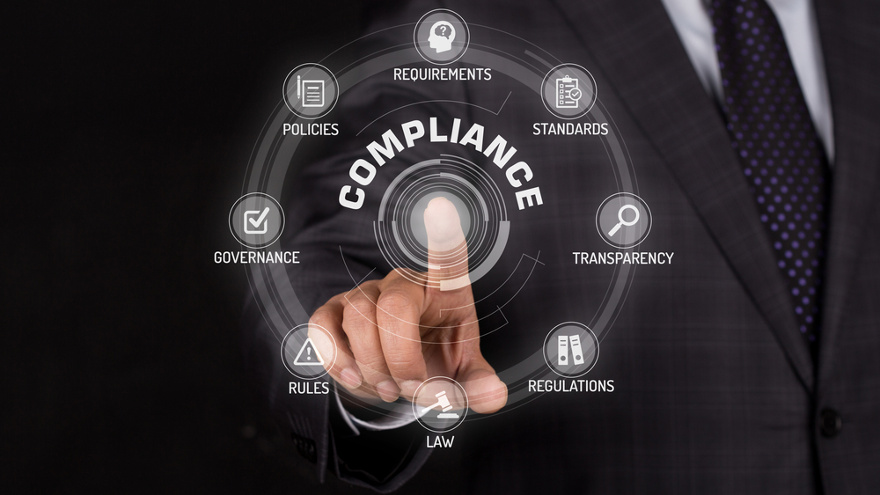11 questions on deck for upcoming credit reporting workshop hosted by CFPB & FTC

By subscribing, you agree to receive communications from Auto Remarketing and our partners in accordance with our Privacy Policy. We may share your information with select partners and sponsors who may contact you about their products and services. You may unsubscribe at any time.
WASHINGTON, D.C. –
The Federal Trade Commission (FTC) and the Consumer Financial Protection Bureau (CFPB) will host a public workshop on Tuesday to discuss issues affecting the accuracy of both traditional credit reports and employment and tenant background screening reports.
The regulators shared 11 different questions they might be tackling in light of marketplace changes during the past five years.
Since the FTC released its 2012 study on accuracy in credit reporting, officials acknowledged there have been several changes in the landscape that impact the accuracy of consumer reports. In 2012, the CFPB began conducting supervisory reviews over large credit reporting agencies (CRAs), as well as various providers of consumer financial products or services that furnish information about consumers to CRAs.
In addition, in 2015, following state investigations regarding various credit reporting issues, officials recollected that the nationwide CRAs agreed to a multi-state settlement that requires stricter standards for matching records, removal of certain public record information, and restrictions on medical debt reporting. Also, new developments, such as the use of machine learning and alternative data in making eligibility determinations, present both opportunities and challenges for the consumer reporting industry.
The CFPB and the FTC said their workshop seeks to bring together stakeholders — including industry representatives, consumer advocates and regulators — for a wide-ranging public discussion on the many issues impacting the accuracy of consumer reports.
Potential topics for discussion include:
Subscribe to Auto Remarketing to stay informed and stay ahead.
By subscribing, you agree to receive communications from Auto Remarketing and our partners in accordance with our Privacy Policy. We may share your information with select partners and sponsors who may contact you about their products and services. You may unsubscribe at any time.
— What are the lessons from the CFPB’s supervisory reviews of CRAs and furnishers on accuracy and dispute obligations?
— What are the lessons from CFPB and FTC enforcement cases on furnisher and CRA accuracy obligations?
— How do furnishing practices differ based on the types of furnishers and the information they furnish to CRAs, and how does that impact accuracy?
— What has been the effect of the removal of most civil judgments and tax liens from credit reports and recent changes in the reporting of medical debt?
— How do background screening CRAs address accuracy in light of the limited personal identifying information included in public records?
— What opportunities or challenges does inclusion of non-traditional data in credit reports, credit scoring models, or background screening reports present for accuracy?
— Can new technologies and data management practices be used to improve accuracy?
— How do consumers learn about inaccuracies on their consumer reports and navigate the current dispute process? What are the experiences of victims of identity theft in the dispute process?
— How have the changes to the dispute process contained in the National Consumer Assistance Plan, which evolved out of the 2015 multi-state settlement, impacted the consumer experience?
— Once consumers get erroneous information removed from their credit files through the dispute process, do they still have difficulties getting loans or other credit?
— What government measures (including changes in the law) and private sector measures could improve accuracy? What are the costs and benefits of these possible measures?
The workshop, which is free and open to the public, will be at the Constitution Center, 400 7th St., SW in Washington, D.C., and will be webcast live on the FTC’s website.


